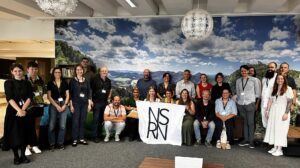Three Intensive Days on Secularism and Nonreligion
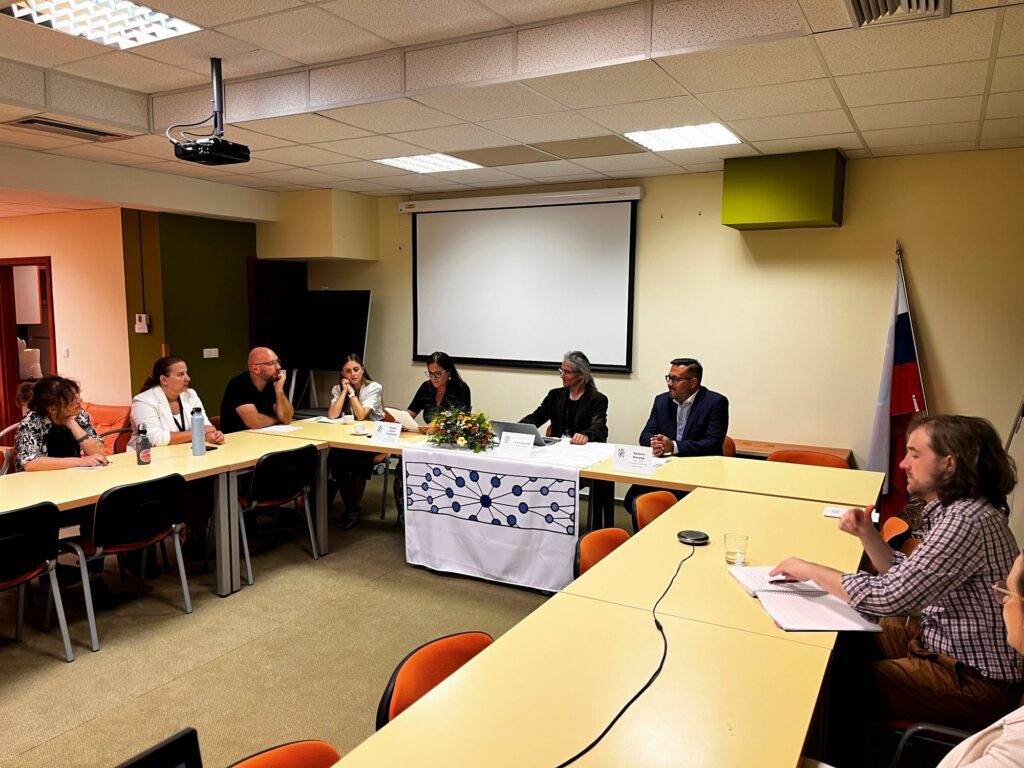
From September 8–10, a thematically unique and highly engaging conference of the Nonreligion and Secularity Research Group took place at Comenius University and its Faculty of Natural Sciences.
The Slovak organizer, Dr. Juraj Majo, welcomed the participants, and the conference was officially opened by the network’s president, Atko Remmel from the University of Tartu in Estonia. Opening speeches were also delivered by representatives of the co-organizing institutions—Dr. Tatiana Zachar Podolinská from the Institute of Ethnology and Social Anthropology of the Slovak Academy of Sciences, and Associate Professor Radomír Masaryk, Vice-Rector for External Relations at Comenius University in Bratislava. This excellent collaboration between two leading Slovak institutions, both in organizing the event and conducting research, highlights the importance and relevance of such emerging topics.
The conference featured a rich thematic program with compelling presentations. The first session was quite unconventional—covering topics such as rituals, mysticism, and death in post-religious societies; the relationship between nonreligion and the environment; aspects of education and intergenerational transmission of nonreligion; and various geographic, cultural, and ethnic dimensions of secularization and nonreligion.
The highlight of the program was the keynote lecture by Dr. Eva Guigo-Patzelt from Paris, who, in the context of the conference’s location, explored the historical development of scientific atheism in the former East Germany. The event also included a discussion with authors Roberta Ricucci, Christel Gärtner, and Gergely Rosta about their monograph Families and Religion: Dynamics of Transmission across Generations, joined by researchers S. Wilkins-Laflamme and L. Beaman from Canada and the USA, who reviewed the book for the occasion.
From our institute, contributions were presented by PhD candidate Iveta Štefanovičová on Elements of Nonreligion Online “Culture”: A Comparison Between the USA and Slovakia, and by Juraj Majo and Tatiana Zachar Podolinská on Nonreligion among Roma – Different Perceptions, Different Contexts.
An equally important aspect of the conference was its informal part, which fostered future networking, idea sharing, and dialogue—through a reception and a group dinner at a restaurant on the Danube.
Final Reflections: The Nonreligion and Secularity Research Network conference is informal, open, and free of registration fees, aiming to create a platform for scientific exchange regardless of academic experience or financial means. It maintains a small, almost familial atmosphere while attracting a diverse group of participants. Out of 38 registered attendees, 27 came to Bratislava, representing Slovakia (5 researchers), as well as Hungary, Germany, Poland, Belgium, Norway, the USA, Canada, Brazil, Spain, Australia, and Austria.
Text prepared by Juraj Majo.
Photo 1: Conference (J. Majo)
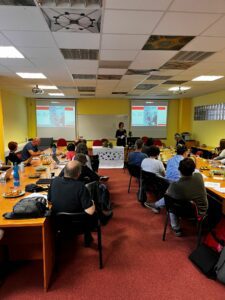
Photo 2: Presentation (J. Majo)
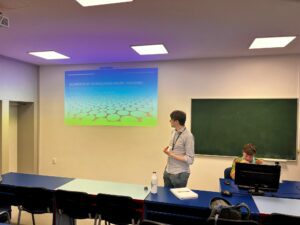
Photo 3: Conference presentation (J. Majo)
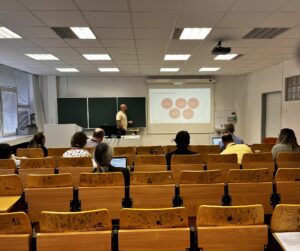
Photo 4: Conference presentation (J. Majo)
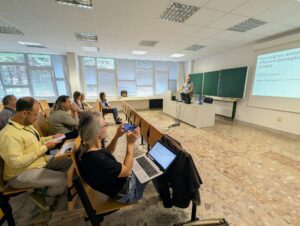
Photo 5: Conference participants (J. Majo)
